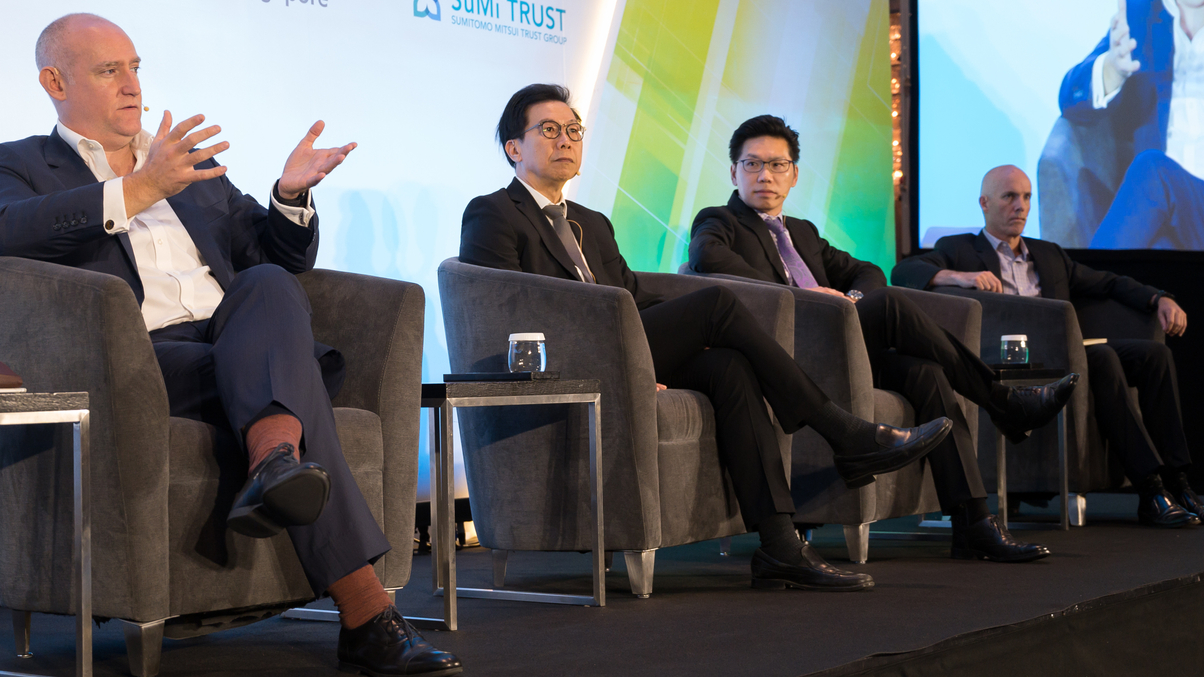What Sunsuper, Prudential look for when picking partners
Speaking at an AsianInvestor event, top executives at the Australian superannuation fund and UK-based insurer explain their considerations when choosing external managers.

What are the best qualities to look for in external partners and how should we prepare for future investment challenges?
Sign in to read on!
Registered users get 2 free articles in 30 days.
Subscribers have full unlimited access to AsianInvestor
Not signed up? New users get 2 free articles per month, plus a 7-day unlimited free trial.
¬ Haymarket Media Limited. All rights reserved.


